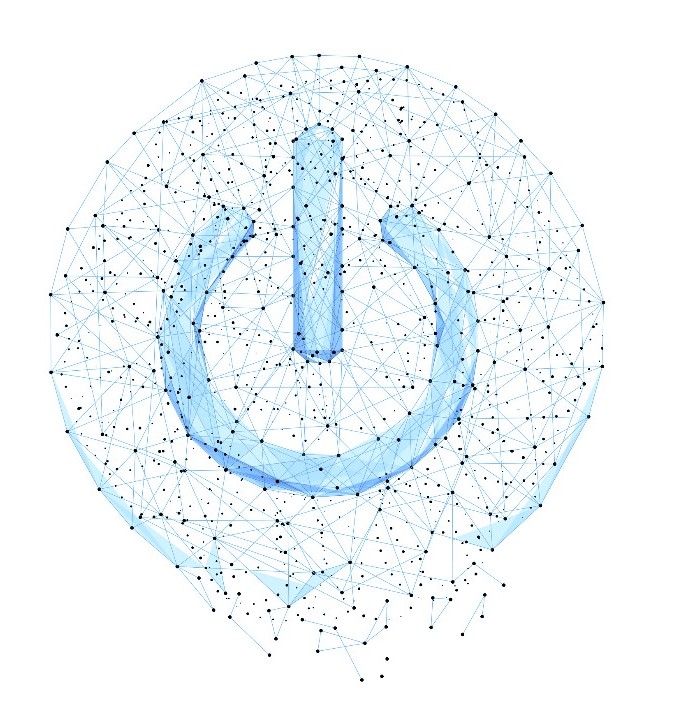Technology pushes 'Human' into the Spotlight
As new technologies become a larger part of our workplaces, our homes and our lives, rather than losing the human touch, there are clear signs that the opposite may occur. In particular, the human side of work is increasingly coming into the spotlight.
THE MOST IMPORTANT SKILLS ARE HUMAN
Futurists and analysts are telling us that some of the most valued (and hardest to replicate) activities in the Workplace of the Future are those that are essentially human: people interactions, creativity, relationships and emotional intelligence! The Future of Jobs report updated again this fortnight keeps highlighting the need for human capabilities, even asking whether ‘soft skills’ will be the key thing to future-proof your career?
‘Human’ skills are the skills of the future. They are both universal and immune to automation. They ensure we will retain our humanity in the digital age.
DAMIEN HUTCHENS
Like many others, the World Economic Forum sees that within the tech-heavy trends currently being called ‘Industrial Revolution 4.0’ a distinct and powerful rise in ‘human centred’ capabilities including “Human” skills such as creativity, originality and critical thinking. Similarly, LinkedIn’s top skill for 2019 was creativity. As digital and automtion increases futurists see organisations and communities thriving based on the people who can think and design for their peers and communities, to deeply understanding their needs & desires and to deliver creativ solutions to meet those needs.
RENAISSANCE IN HUMAN-CENTRED DESIGN
Each month the industry continues to explore, research and expand these human-centred capabilities that are core to the success of enterprise. Once a niche design-house capability, this Design Thinking or Human-Centred Design is now needed in every business function in almost every industry.
Once concentrated mostly in retail & entertainment industries, human-centred design is now a part of all contemporary Customer Experience and Digital solutions in every industry. Fortunately there are new toolkits emerging for organisations to help craft interventions and make them more engaging and useful.
Design Thinking tools and programs are readily available in every major city with online options from global leaders like IDEO and dSchool. Many companies also have ready-made inhouse mentors available via Customer Experience or Digital teams.
Modern Agile approaches bring makers & users together to experiment and refine ideas. Inhouse
Neuroscience now brings smarter evidence-based insights and ways of working designed with the Brain in Mind.
And lastly the emerging field of Analytics has finally grown up and brings powerful new insights about human equation including mood, satisfaction and preference, health, productivity and relationship analytics.
NOT JUST CUSTOMER EXPERIENCE, BUT STUDENT, PATIENT AND EMPLOYEE EXPERIENCE
As digital technologies brings new products into virtually every industry and organisations, it’s clear that internal design capabilities for patients, sttudents and employees are years behind their customer-focused counterparts. Some excellent work has been done however by leading organistions:
in healthcare, to seed change in service-cultures and patient-care.
in educational institutions and training organisations to enhance student experience and collaborative learning
in workplaces to move beyond engagement surveys to employee experience & listening capabilities
GIVING PEOPLE A VOICE
How did the human ever get lost in the Health system? How did the institution matter so more than the student? And how did Edwardian attitudes survive so long, so people got treated like ‘cogs’ in their 21st century company?
I am working with some interesting organisations who are tackling these questions, while gradually creating more people-centred ecosystems around them. Each is designing small changes to the way they conduct business, to create a tangible and positive impact to their people and markets.
Because in the end
…if the healthcare system doesn’t care for the patient, who will?
…if the student doesn’t really matter to a school or University, what are you really teaching?
…. and if Human Resources won’t step up and act as advocate for ‘Human’, what are they doing there?
..if HR won’t step up and act as an advocate for the Human…who will?
DAMIEN HUTCHENS
As the human gets pushed more and more into the spotllight, organisations need to be prepared to make their own changes to adapt to this or risk falling behind their industries. If you want to talk about how to tap into capabilities and tools to do this, please contact me . Good luck.






